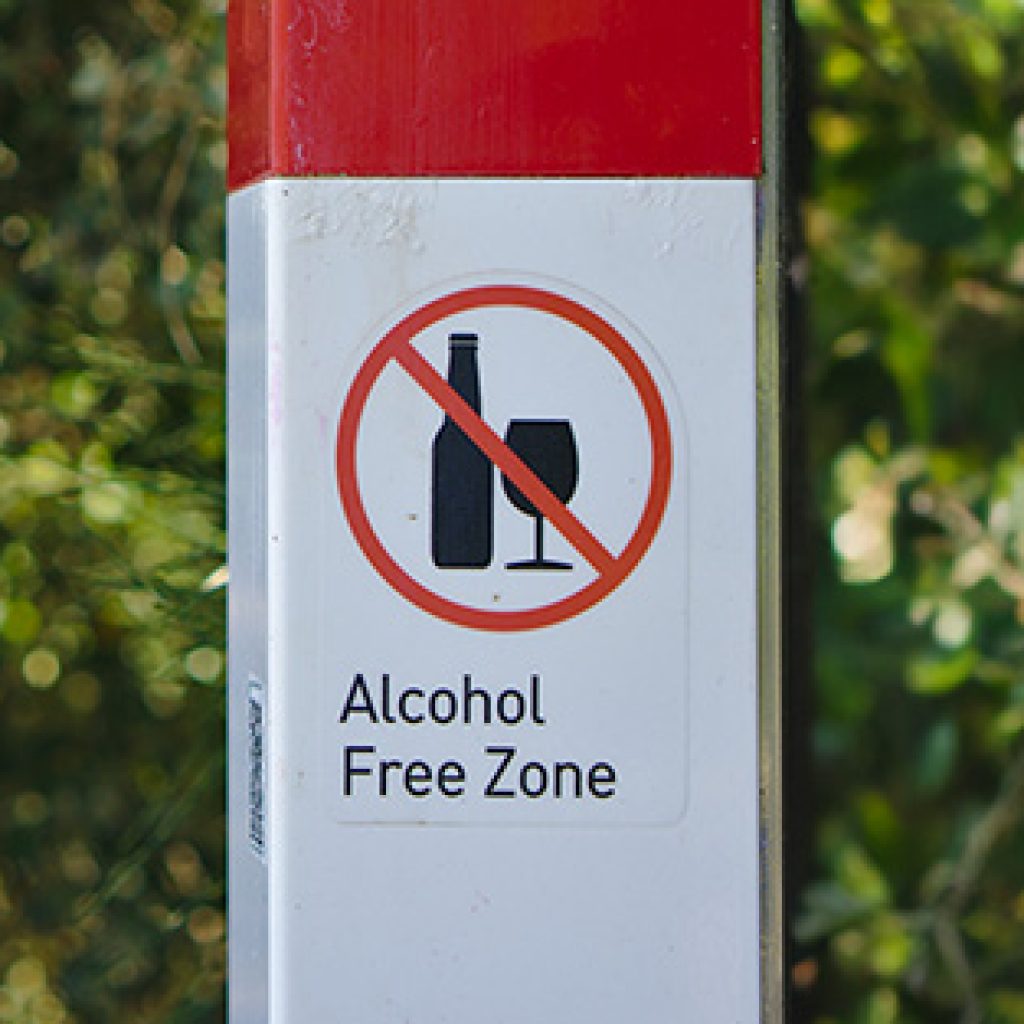Beyond Self-Care: The Crucial Role of Human Connection in Stress Relief
April marks National Stress Awareness Month, a time dedicated to raising awareness about the prevalence and impact of stress on individuals’ well-being. Stress management is recognized as an essential component of a healthy lifestyle; this month serves as a reminder to prioritize mental health and adopt effective stress management strategies. According to the latest Stress in America survey conducted by the American Psychological Association and the Harris Poll, most people live in survival mode.
Stress will always be a part of life, yet over the past few years, there has been a constant stream of stressors that have taken a toll. Data from the November 2023 Stress in America survey indicates that the prolonged stress from collective traumas (i.e., the COVID-19 pandemic, global conflicts, racism and racial injustice, inflation, and climate-related disasters) has notably affected well-being. Over the last four years, there has been a rise in chronic illnesses, particularly among individuals aged 35 to 44, increasing from 48% in 2019 to 58% in 2023. This age group also saw the most significant uptick in mental health diagnoses, rising from 31% in 2019 to 45% in 2023. However, adults aged 18 to 34 still reported the highest rate of mental illnesses, reaching 50% in 2023. When we live in an uncertain and unpredictable environment for a prolonged period of time, there are both physical and psychological impacts that occur.
In today’s society, many individuals struggle with stress management, with 36% unsure where to begin and 33% feeling persistently stressed despite their efforts. Many people feel misunderstood (44%) and wish for advice and support (52%). In the past year, 66% expressed a need for more emotional support, with 26% desiring significantly more. Additionally, 67% downplay their stress, citing comparison to others’ struggles. Reasons for not seeking mental health support include skepticism about therapy’s efficacy (40%), time constraints (39%), and lack of insurance (37%). Despite societal pressure to handle stress independently (61%), 47% desire for external assistance.
Human connection plays a pivotal role in stress management, serving as a powerful antidote to the burdens of modern life. First and foremost, human connection offers a sense of belonging and validation. Knowing that one is understood, accepted, and valued by others creates a profound sense of emotional security. This feeling of belongingness is a buffer against stress, reducing feelings of isolation and loneliness that can exacerbate mental and emotional strain. Moreover, interpersonal relationships provide a vital source of emotional support. Whether through empathetic listening, encouragement, or practical assistance, the presence of caring individuals can offer solace and perspective during challenging moments. Simply having someone to confide in and share experiences with can lighten the emotional load and provide a renewed sense of hope and optimism.
In an increasingly digital world, genuine connections with others provide essential support and comfort, helping individuals navigate through challenging times with greater resilience. Beyond a sense of belonging and emotional support, human connection fosters a sense of community and camaraderie. Engaging in meaningful social interactions promotes feelings of interconnectedness and solidarity, reminding individuals that they are not alone in their struggles. This shared sense of purpose and mutual support strengthens individuals’ ability to cope with stress and face life’s challenges with greater resilience.
Furthermore, human connection serves as a natural stress reliever by triggering the release of oxytocin, often referred to as the “love hormone.” This biochemical response helps to reduce levels of cortisol, the body’s primary stress hormone, leading to a sense of relaxation and well-being. Whether it’s a warm embrace, a friendly smile, or a heartfelt conversation, these simple acts of connection have profound physiological effects that can counteract the harmful effects of chronic stress.
In essence, fostering meaningful human connections is essential for effective stress management. By nurturing supportive relationships, individuals not only gain emotional strength and resilience but also cultivate a sense of belonging and purpose that enhances their overall well-being. In a world where stress is ubiquitous, the power of human connection remains a potent remedy, offering solace, support, and hope in the face of adversity.
Amidst the complexities of modern life, stress has become an ever-present challenge affecting individuals’ well-being. Despite efforts to manage stress, many individuals still struggle, feeling misunderstood and hesitant to seek support due to various barriers. In this context, human connection emerges as a crucial element in stress relief. Genuine connections offer a sense of belonging, emotional support, and community, serving as a buffer against the isolating effects of stress. These connections not only provide comfort but also trigger physiological responses that alleviate stress, underscoring their importance in overall well-being. By fostering supportive connections, individuals can build resilience and find solace amidst life’s challenges, ultimately enhancing their ability to navigate stress and cultivate a sense of purpose and belonging.
Recommended Resources:
- Season 2, Episode 2: Stress First Aid
- Season 2, Episode 3: The Cost Of Doing Business In High Stress Environments
- Stress First Aid to Combat Burnout and Compassion Fatigue
- Season 4, Episode 2: Understanding Compassion Fatigue and the Inherent Impact of Caring
- Season 4, Episode 2: Under the Influence of Survival Physiology
- Season 4, Episode 6: Social Connection and Belonging: The Keys to Navigating Sanctuary Trauma
- Season 5, Episode 1: The Importance of Relationship with Self: Get Out of Your Head and Into Your Life
- Season 5, Episode 10: Cultivating Healthy Bonds: Insights from Attachment Theory and Emotionally Focused Therapy for Nurturing the Human Psyche
- Insights from the Latest “Stress in America” Report
- Understanding the Impact of Unrelenting Stress over the Past Two Years and 9 Coping Strategies to Support Client’s to Better Manage Stress
- SAMHSA’s National Helpline
References
American Psychological Association. (2023). Stress in America: Stress in America 2023
American Psychological Association. (2019). Healthy ways to handle life’s stressors. American Psychological Association. Retrieved April 21, 2022, from https://www.apa.org/topics/stress/tips
American Psychological Association. (2022). Stress in America: On Second covid-19 anniversary, money, inflation, war pile on to nation stuck in survival mode. American Psychological Association. Retrieved April 21, 2022, from https://www.apa.org/news/press/releases/stress/2022/march-2022-survival-mode
The American Institute of Stress. (2020). Stress effects. The American Institute of Stress. Retrieved April 21, 2022, from https://www.stress.org/stress-effects
Cohen, S. (1994). Perceived stress scale – SPRC. Retrieved April 21, 2022, from https://www.sprc.org/system/files/private/event-training/Penn%20College%20-%20Perceived%20Stress%20Scale.pdf
Haslem, H. (2022). Understanding the Impact of Unrelenting Stress over the Past Two Years and 9 Coping Strategies to Support Client’s to Better Manage Stress – CASAT OnDemand. https://casatondemand.org/2022/04/21/understanding-the-impact-of-unrelenting-stress-over-the-past-two-years-and-9-coping-strategies-to-support-clients-to-better-manage-stress/
Blog Post Tags:
Related Blog Posts
Related Learning Labs
Related Resources
.
- Buscar Tratamiento de Calidad para Trastornos de uso de Sustancia (Finding Quality Treatment for Substance Use Disorders Spanish Version)
- Finding Quality Treatment for Substance Use Disorders
- Focus On Prevention: Strategies and Programs to Prevent Substance Use
- Monthly Variation in Substance Use Initiation Among Full-Time College Students
- The National Survey on Drug Use and Health (NSDUH) Report: Monthly Variation in Substance Use Initiation Among Adolescents








